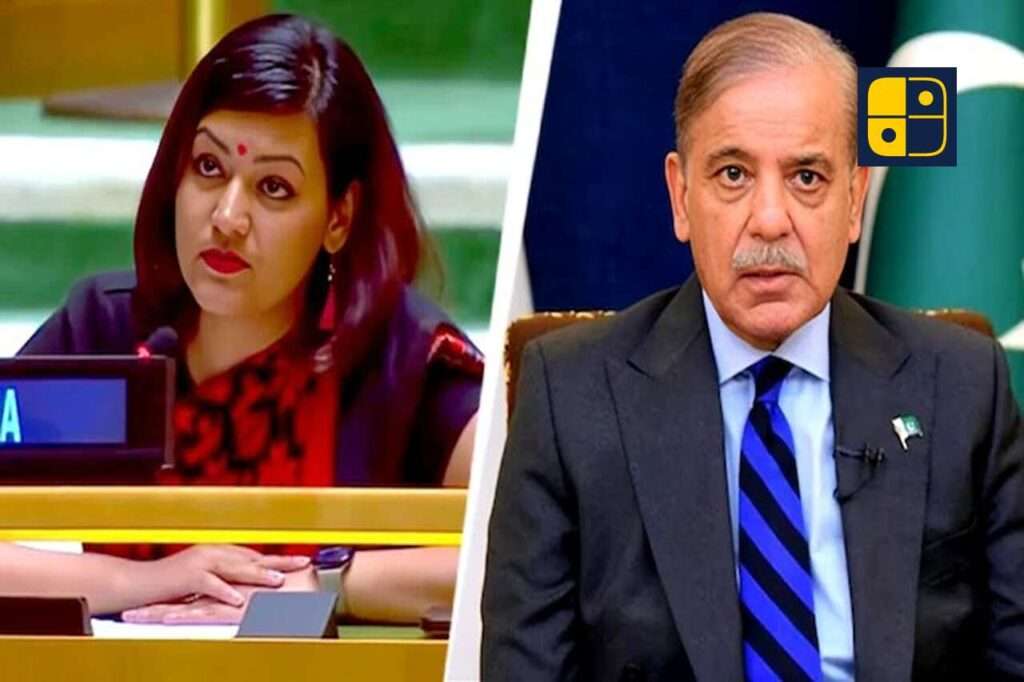Pakistan Prime Minister Shehbaz Sharif’s remarks at the United Nations General Assembly have once again highlighted Islamabad’s familiar penchant for political drama rather than hard facts. Calling the damage to Noor Khan and other airbases during the May 2025 conflict a “victory,” Sharif sought to project resilience even as his own admission in cabinet meetings confirmed the scale of Indian strikes. India’s sharp rebuttal was unambiguous: if charred runways and crippled airbases are to be celebrated, then such “victories” expose more fragility than strength.
Equally telling was Sharif’s fulsome praise of U.S. President Donald Trump, whom he hailed as a “peacemaker.” Trump himself, in his UN address, claimed to have halted an India-Pakistan war. Analysts, however, see this narrative less as diplomacy and more as opportunistic posturing. Washington’s engagement with Islamabad under Trump often carried undertones of transactional politics security leverage, investment promises, and geopolitical optics rather than substantive peacebuilding. To many observers, the Sharif-Trump camaraderie resembles a façade masking Pakistan’s economic desperation and diplomatic isolation.
India, for its part, used the UN stage to reiterate that no “degree of drama” could conceal Pakistan’s duplicity. New Delhi dismissed Islamabad’s nuclear threats as blackmail and reminded the global community that terrorism cannot be repackaged as victimhood. As Pakistan clings to theatrics, India’s message was clear, credibility rests not on rhetoric, but on responsibility.

